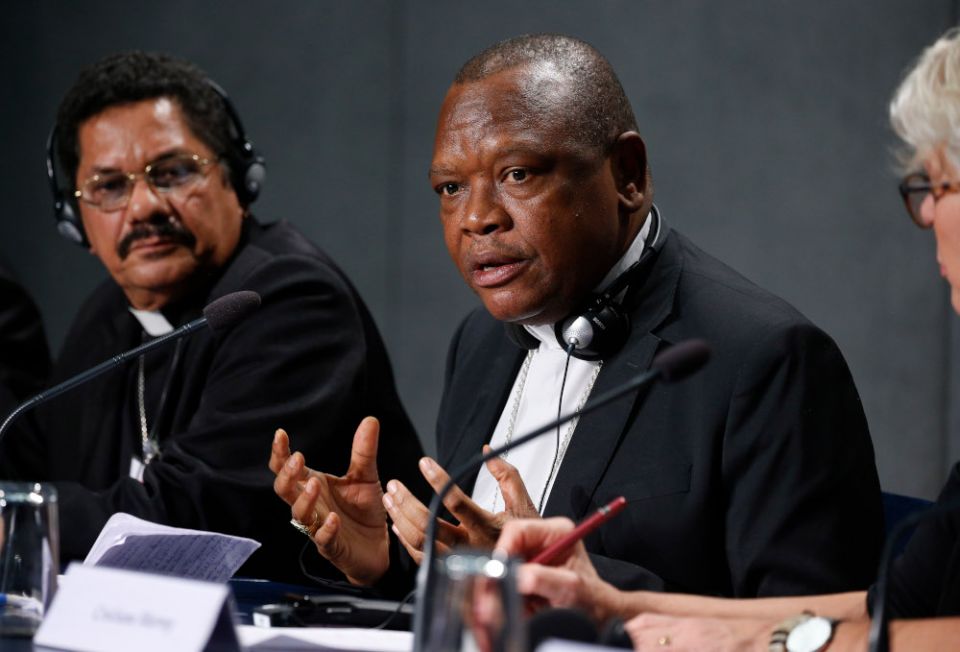~ by Barbara J. Fraser, Catholic News Service
Solutions to environmental problems discussed at the Synod of Bishops for the Amazon must involve not just Amazonian nations, but countries in Europe and North America, the bishops said.
Many of the environmental issues that synod participants have raised – including destruction of forests, pollution of rivers, rapacious mining and especially climate change – are also common to other tropical regions of the world
Those problems have roots in North America and Europe, although they often are exacerbated by policy loopholes and lack of enforcement in Amazonia countries, synod participants have said.
Synod participants described how mines, dams and other enterprises owned, built or operated by companies in industrialized countries displace local communities, affecting the environment and disrupting people’s lives.
Global trade means that even consumers’ decisions leave a footprint in distant countries. For example, most of the deforestation in Brazil is for cattle ranching to export beef. And the demand for gold keeps prices high, encouraging miners to invade indigenous people’s territories in remote parts of the Amazon. Their unregulated operations leave a scene
that resembles a cratered moonscape where rivers are poisoned with mercury and cyanide.
“No one can say, ‘I’m not responsible, it’s not my fault,’” said Bishop Karel Choennie of Suriname. “We are all responsible.”
The economic and social costs are borne by indigenous villagers and small farmers in the Amazon, said Josianne Gauther, executive secretary of CIDSE, an international consortium of Catholic development agencies and an invited guest at the synod.
“It’s colonialism – you externalize the costs to another population that you consider inferior or of less value,” she said. “It’s a one-directional relationship, where you exploit and live well, while the others suffer the consequences.”
People in places like North America and Europe do not always see that “environmental degradation and human rights violations (in the Amazon) are connected to our behaviors or policies or trade agreements” elsewhere in the world, she said.
People begin to understand the impact of their consumer choices and the policies of their countries when they come face to face with
